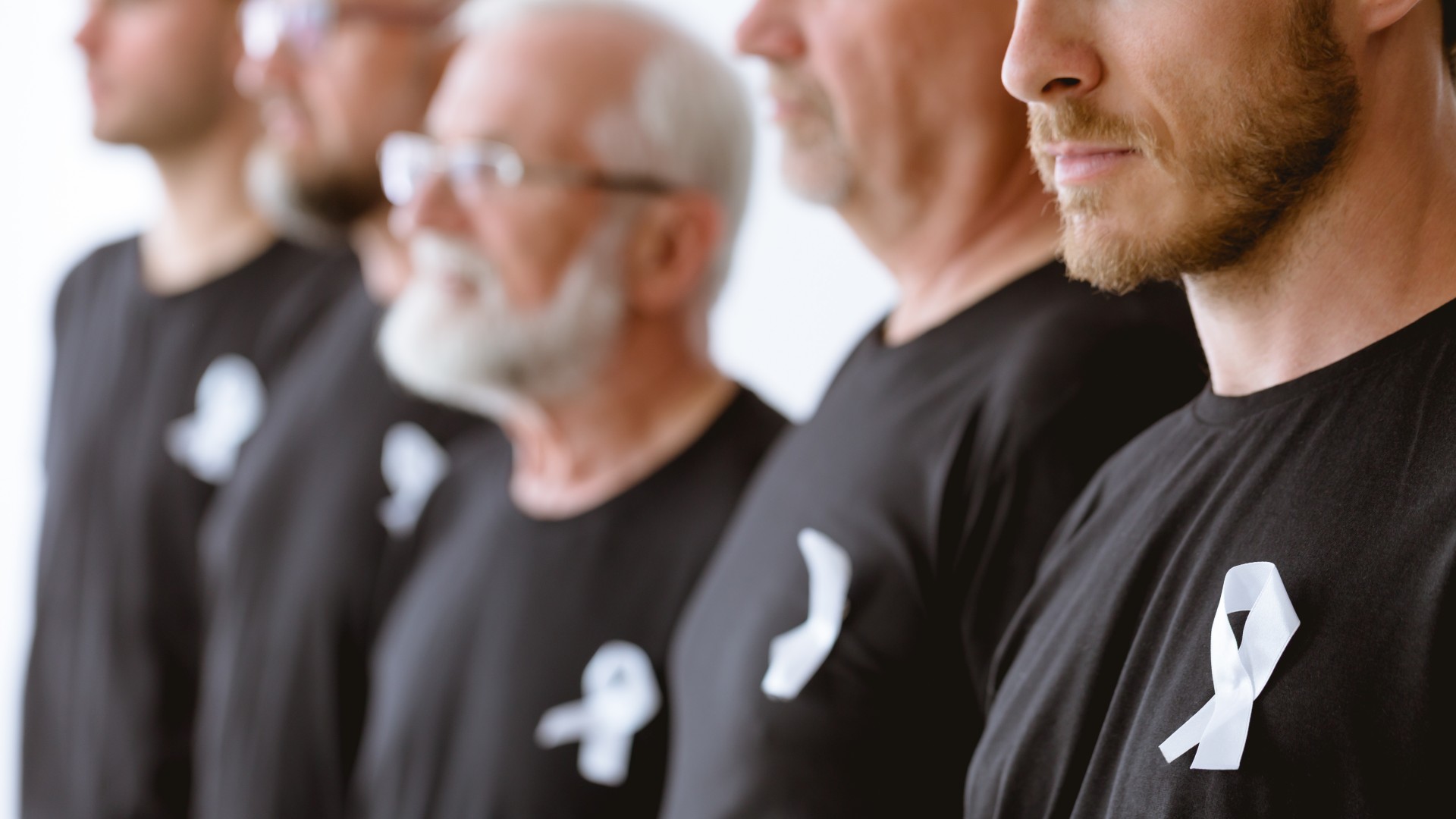How Prostate Cancer and Its Treatments Can Weaken Bones – What Men Need to Know
By Dr. David Samadi
Over the years, we’ve made remarkable progress in treating prostate cancer. Thanks to earlier detection and better therapies, survival rates continue to climb—even for men with advanced disease. But as we extend lives, a new challenge emerges: how to protect quality of life, especially when it comes to bone health.
Many men don’t realize that prostate cancer—and the treatments we use to fight it—can take a serious toll on the strength and density of their bones. If you’re undergoing treatment or caring for someone who is, it’s essential to pay attention to what’s happening beneath the surface.
Why Bone Health Matters for Men with Prostate Cancer
Let’s start with the basics. The prostate is a small gland tucked below the bladder and sits in front of the rectum. It plays a key role in producing seminal fluid. But when cancer strikes the prostate, it can eventually spread, and one of its favorite destinations is the bones.
Bone metastases are among the most common complications of advanced prostate cancer. This means cancer cells have broken away from the prostate and taken up residence in the skeleton, leading to pain, weakness, and a higher risk of fractures.
But bone damage doesn’t just come from the cancer itself. One of the biggest culprits? Hormone therapy.
The Double-Edged Sword of Hormone Therapy
Hormone therapy, also known as androgen deprivation therapy (ADT), is often the first line of defense when prostate cancer has spread. It works by drastically lowering testosterone, the hormone that fuels prostate cancer growth.
While effective at slowing the cancer, low testosterone comes at a cost. Testosterone is vital for bone strength. So, when we suppress it, bones can weaken over time. This condition, called osteoporosis, increases the risk of fractures, sometimes even from simple falls or minor bumps.
And here’s the kicker: even without cancer, testosterone levels naturally decline with age. Add ADT into the mix, and you’ve got a perfect storm for rapid bone loss.
Are You at Risk for Treatment-Related Bone Loss?
If you’re receiving hormone therapy for prostate cancer, your bones are already under pressure. But several other risk factors can compound the problem:
- Family history of osteoporosis
- Being age 70 or older
- Low testosterone levels before starting treatment
- Previous fractures
- Poor intake of calcium or vitamin D
- Smoking or heavy alcohol use
- Chronic diseases like diabetes, celiac disease, or rheumatoid arthritis
- Use of steroids or seizure medications
It’s essential to discuss your personal risk with your doctor so you can take proactive steps before any potential damage occurs.
How to Monitor and Protect Your Bones
Step one? Get a bone density scan. This simple test, called a DEXA scan, measures the strength of your bones and helps detect early signs of osteoporosis.
If bone loss is detected, your doctor may recommend medication, such as bisphosphonates or other agents, helping improve and maintain bone density while reducing fracture risk. These are safe and effective when used appropriately.
But medications are just one piece of the puzzle. Your lifestyle also plays a significant role.
Your Bone-Healthy Game Plan
To preserve bone strength throughout prostate cancer treatment, consider these key strategies:
1. Eat for strong bones.
- Aim for 1,000 mg of calcium daily (1,200–1,300 mg if you’re over age 70).
- Include calcium-rich foods such as dairy products, leafy greens, almonds, tofu, and fortified plant-based milks.
2. Don’t skimp on vitamin D.
- Sunlight is your best source—just a few minutes a day can make a significant difference.
- Supplements may be necessary if your levels are low (your doctor can test this).
3. Get moving.
- Weight-bearing exercise are vital for bone health which include activities such as walking, resistance training, or Tai Chi, can help boost bone strength, balance, and coordination, thereby reducing your risk of falls and fractures.
4. Cut the bad habits.
- Stop smoking. It interferes with calcium absorption.
- Limit alcohol by consuming no more than 1–2 drinks a day or choose abstinence.
5. Ask questions.
- Don’t assume bone loss is inevitable. Ask your urologist or oncologist how your specific treatment plan may affect bone health and what you can do to stay ahead of it.
Final Thoughts
Prostate cancer doesn’t just affect the prostate. Its reach can extend throughout the body, including the bones. But knowledge is power. When we understand the side effects of treatment, it’s easier to adopt steps that protect and strengthen the body, not just survive, but thrive.
If you’re living with prostate cancer—or supporting someone who is—bone health should be part of the conversation. Talk to your doctor. Get the scan. Eat smart. Stay active. You’ve already taken steps to fight the cancer—now take steps to protect your bones, too.
Dr. David Samadi is the Director of Men’s Health and Urologic Oncology at St. Francis Hospital in Long Island. He’s a renowned and highly successful board certified Urologic Oncologist Expert and Robotic Surgeon in New York City, regarded as one of the leading prostate surgeons in the U.S., with a vast expertise in prostate cancer treatment and Robotic-Assisted Laparoscopic Prostatectomy. Dr. Samadi is a medical contributor to NewsMax TV and is also the author of two books, Prostate Cancer, Now What? A Practical Guide to Diagnosis, Treatment, and Recovery and The Ultimate MANual, Dr. Samadi’s Guide to Men’s Health and Wellness, available online both on Amazon and Barnes & Noble. Visit Dr. Samadi’s websites at robotic oncology and prostate cancer 911.

